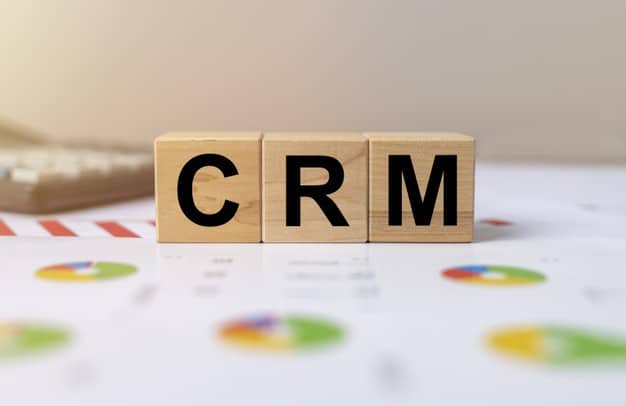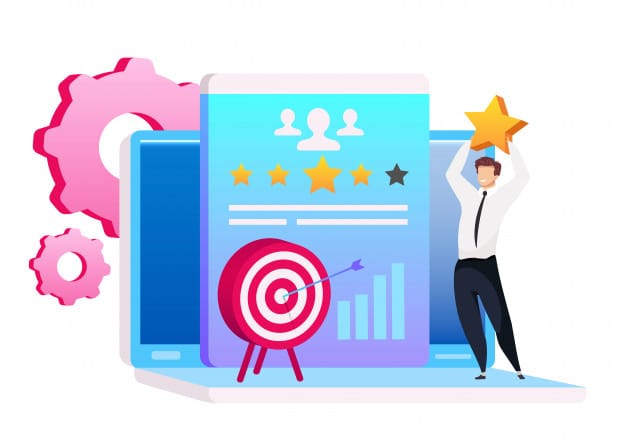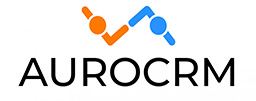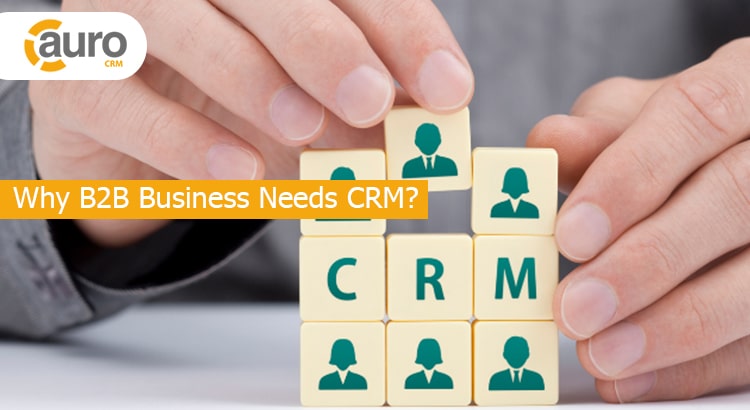Before delving deep into the importance of CRM in B2B, you need to understand B2B. Business-to-business or B2B is a business model whose primary focus is to sell services and products to other companies. It does not involve any business-related transactions between business organizations and customers. Compared to sales between customers and business organizations, the transaction’s volume and value are much more in B2B.
In B2B, the buying cycle takes much longer to get activated, and the businesses target audiences with a smaller niche. However, the B2B business is only driven by well-planned and rational deals. So, to get the most out of a B2B business, companies need two vital components:
- A Fantastic Business Plan
- Proper Business Tools
Although there is no doubt that CRM or customer relationship management is essential for B2B marketing, CRM, when used for B2C, is not similar to the way it is used in B2B businesses.
What is B2B CRM?
Let us begin with the basics first. The idea behind the sales cycle is simple. It takes customers through relevant content to turn site visitors into leads and enhance the awareness of your brand. Finally, the sales cycle ends with a sale. Although it sounds easy, it is not a simple job. Keep in mind that in B2B, you have to deal with companies as an entity instead of individual customers. There is no wonder that it is pretty challenging to figure out what these companies’ needs are. This is why open-source CRM strategies and tools.
In a B2B business, the CRM business may be either a CRM software or a strategy, or a process. However, CRM is the process by which you understand and cater to the customers’ demands at each level of the sales cycle. So, the B2B CRM can be considered an essential asset for your business. The sources of information from which B2B CRM collects your business’s data include inquiries, quotes, sales reports, issue notices faced by clients, etc.

Importance of CRM for B2B business
The sales of a business organization benefit the most from CRM software. However, the CS and marketing departments profit equally. Let’s take a look at the advantages of CRM for B2B businesses.
1. Enhanced contact management
When you have just entered into the market with your newly created site, you can manage your business contacts using Google Spreadsheets or Excel. As your business grows, the other requirements develop too. A company cannot keep booming if it does not know to manage its client base. Once you use CRM software, your business staff can easily upload the customer data to the database and set reminders and priorities about meeting and calls with clients. The CRM software stores all information correctly to use it as and when it requires.
2. Improved customer experience
Honestly, besides the product that sells your brand and increases the brand’s awareness, customer relationships play a vital role in nurturing the seeds of your business. Once your team members have access to the clients’ adequate details from the CRM system, they can add a personalized touch while contacting them. It takes a few months to notice a hike in the B2B sales, and here, a personal approach does make a difference.
3. Easier access to real-time quotes
Once your sales team has all the client details, they can send appropriate quotes to the customers on time. As soon as the inventory, transaction, and prices are changed, the CRM software updates the necessary information on your business site.
4. Targeted marketing campaigns
Launching one product in the market via an advertising campaign is a difficult job. What about a dozen products that your brand has to promote? With CRM software’s help, your business organization can opt for a highly automated and personalized marketing campaign. The staff identifies the potential customer in no time and concentrates on communicating with them.
5. Detailed reporting and deep analytics
Only launching a promotional campaign is not enough. You need to check whether these campaigns are producing the desired results. Besides, it would help if you also looked out which campaign of your company is giving you ROI and which one is not. Here, CRM can help you significantly with its reporting and analytical features. The CRM finds out the campaign that yielded ROI and then forecasts the sales.
Strategies of B2B CRM
Sometimes, customer management does not turn out to be an easy job. Here are some strategies that you can follow:
1. Maintain a record of your customer needs
Whether B2C or B2B, companies should be aware of the struggles and needs of their customers. For this, ask your sales management team to go through the data that CRM stores.
2. Focus on companies fully
As mentioned earlier, in the B2B sector, you have to work with companies and not individual customers. Conducting in-office training to explain the features of your product helps. Also, it would help if you showed your team how to make use of them to get the most out of them.
3. Collect feedback
If your customer does not know your product’s value, he will show no interest in it. To add more value to your product, ask for feedback from the client and improve it as per the client’s preference. Take time to go through their replies and solve their issues.
4. Craft the perfect content
When making a buying decision, most often, the B2B customers depend on content. The customers prefer companies reaching out to them with detailed case studies, informational articles, and sales emails. In such a case, creating a content library helps as it provides answers to the clients.

5. Observe your level of success
Finally, do not forget to measure the success rate of your marketing campaigns. Check out how often the clients are using their products. The more significant number of times they use their products, the more value is added to your brand.
Conclusion
As you can see, the B2B CRM helps your business with many benefits and allows you to get to know your audience and serve them the best.


